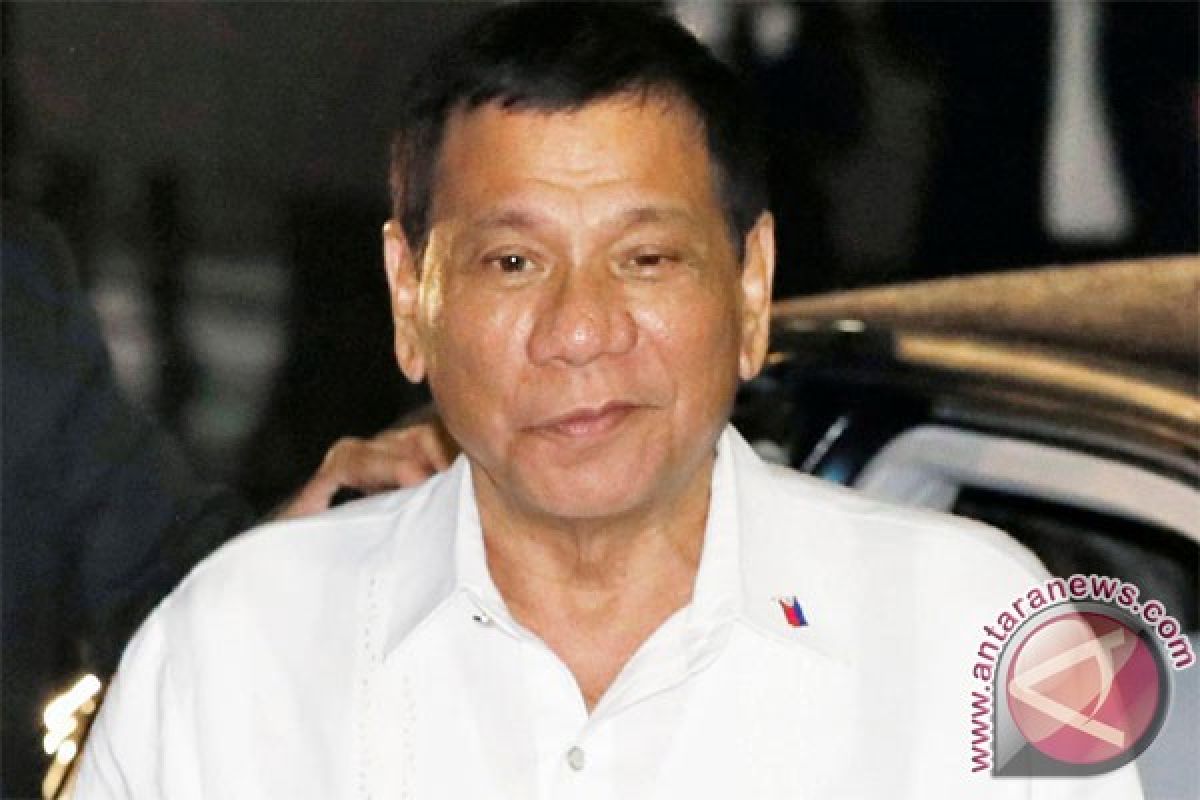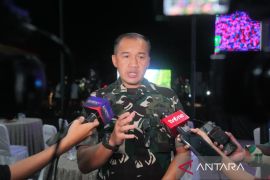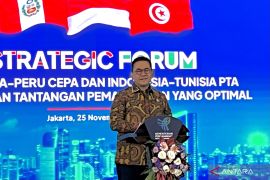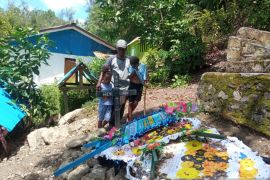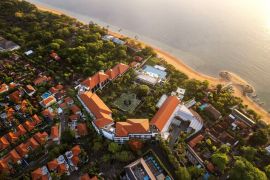The 50-page complaint calls for Duterte`s indictment over thousands of alleged extrajudicial killings during his crackdown on drugs, which the activists and families said included "brazen" executions by police acting with impunity.
Critics of the campaign were being "persecuted", they said, and cases filed by victims` families had gone nowhere.
The latest move is led by a network of activists, priests and members of the poor, urban communities that have borne the brunt of a fierce two-year campaign in which police have killed about 4,400 people, causing international alarm.
"Duterte is personally liable for ordering state police to undertake mass killings," Neri Colmenares, a lawyer representing the group, told reporters.
Duterte insists he told police to kill only in self-defence and has lashed out at critics while demonstrating no remorse for the deaths. In a national address last month, he said the drugs war would be remain "relentless and chilling".
Benigno Durana, a national police spokesman, said the only order Duterte gave to police was "to wage war on drugs and criminality within the bounds of the law".
The ICC petition, known as a communication, follows a similar complaint filed in April 2017 by a Philippine lawyer and backed by two opposition lawmakers, into which the ICC in February started a preliminary examination.
Human rights groups believe the death toll could be far higher than the one the police give, and accuse law enforcement of summarily executing suspected drug users and small-time dealers, using only cursory intelligence. Police reject that.
PETITION `DOOMED`
Presidential spokesman Harry Roque said the latest petition was "doomed", because the Philippines` was no longer covered by the ICC`s Rome Statute.
Duterte unilaterally withdrew in March from the ICC`s founding treaty, saying it skirted due process and presumption of his innocence and sought to portray him as a "ruthless and heartless violator of human rights".
He even threatened to arrest ICC prosecutor Fatou Bensouda if she were to comes to the Philippines to investigate him, and said he would convince other countries to follow him in quitting the ICC.
It was a stark contrast from the early days of Duterte`s presidency, when he had routinely disparaged the ICC and dared it to go after him, expressing his readiness to go on trial in The Hague and "rot in jail".
Opposition lawmakers maintain that Duterte`s withdrawal from the treaty, which takes effect in March 2019, was illegal because it was done without Senate approval.
They have challenged it at the Supreme Court, which started hearing oral arguments on Tuesday.
Jurist groups say that regardless of how the court rules, Duterte is not protected from a possible indictment because the alleged crimes took place while the Philippines was a member of the ICC, and therefore covered by its jurisdiction.
Duterte also maintains the Philippines never actually acceded to the Rome Statute in 2011, because it was not published in the country`s official gazette.
The ICC is a court of last resort that can exercise jurisdiction if states are unable or unwilling to investigate crimes, which Duterte`s spokesman said was not the case in the Philippines.
Kristina Conti, another lawyer backing the complaint, said it had been filed before the ICC because as a serving president, Duterte had immunity from legal action.
The ICC prosecutor`s office did not immediately respond to a request for comment and could not be reached out of normal
office hours.
(Editing by Michael Perry, Robert Birsel)
(Uu.SYS/C/T008/C/M016) 28-08-2018 22:04:53
Reporter: Antara/Reuters
Editor: Fardah Assegaf
Copyright © ANTARA 2018
